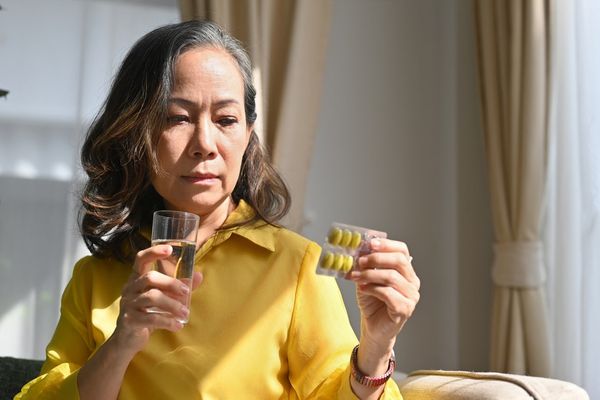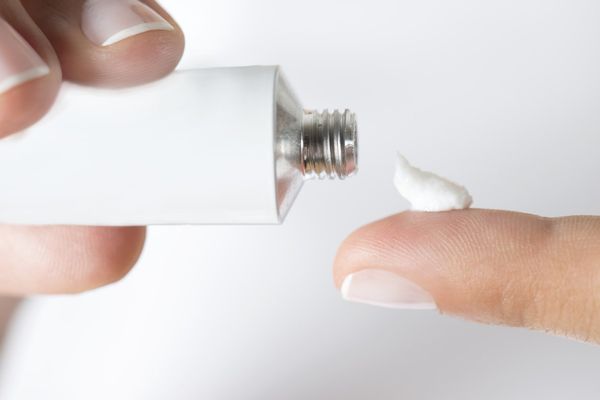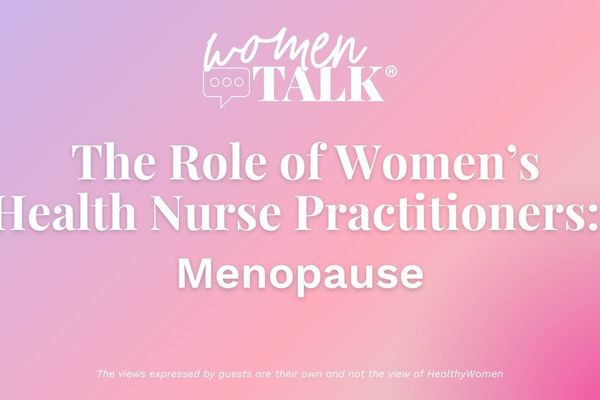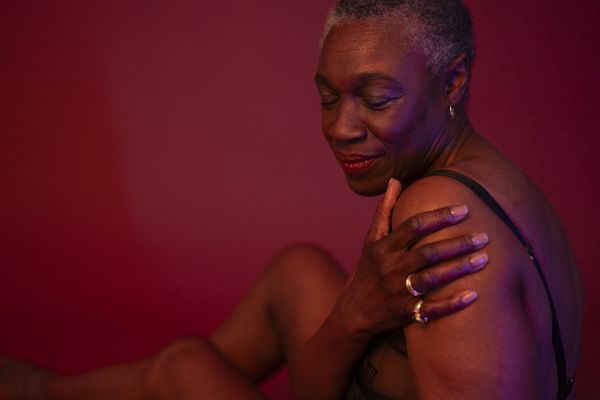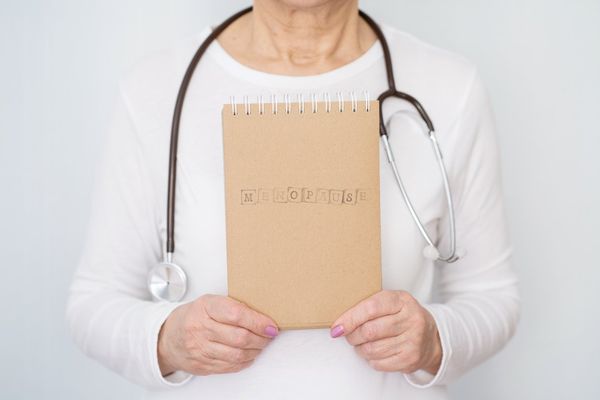Although they gladly said "good riddance" when it came to their tampons and pads, some postmenopausal women may not be so pleased to bid farewell to the natural lubrication they experienced in their younger years.
What is the connection between menopause and vaginal dryness?
During menopause, when estrogen levels start to drop, the vaginal walls become thinner, less elastic and less lubricated. This can result in a number of symptoms, including vaginal dryness and dyspareunia – or pain during sexual intercourse – which is said to be one of the most bothersome vaginal symptoms of menopause. Decreased lubrication can also cause discomfort, bleeding and tearing of the vaginal tissues during intercourse.
Is it normal?
If you are postmenopausal and experiencing painful intercourse or vaginal dryness, take comfort in knowing you are not alone. According to a survey of women ages 40 to 84, more than half of postmenopausal women surveyed (56 percent) experienced vaginal dryness. In fact, 83 percent who experience vaginal dryness say the dryness bothers them "a little to a great deal." What's more, one in four of the postmenopausal women surveyed (26 percent) reported they experienced painful intercourse.
Why am I experiencing vaginal dryness and the related pain during sex?
Why the decrease in vaginal moisture and the resulting painful sex with menopause?
The most common cause is declining estrogen.
The hormone estrogen helps keep the vagina healthy by maintaining its elasticity and lubrication. As a woman ages, her ovaries produce increasingly less estrogen, leading to a thinner, less flexible and drier vagina.
What can I do about vaginal dryness and painful intercourse?
One of the biggest obstacles when it comes to treating vaginal dryness and painful intercourse is that women don't address it, with their partners or their health care professionals. More than six in 10 of the postmenopausal women surveyed who reported experiencing painful intercourse (62 percent) and more than half who reported experiencing vaginal dryness (53 percent) admitted they are at least somewhat embarrassed to talk about their condition.
And of the postmenopausal women surveyed, 45 percent who reported experiencing vaginal dryness and 41 percent who reported experiencing painful intercourse had not spoken to their health care professional about their condition.
Why so hush-hush about vaginal dryness? Among the postmenopausal women surveyed who had not spoken with their health care professional, embarrassment (30 percent vaginal dryness, 33 percent painful intercourse) and the belief that there is nothing that can be done medically to help the condition (20 percent vaginal dryness, 27 percent painful intercourse) were the top reasons why. For more on how to talk to your health care professional, click here.
Embarrassment aside, many women may not believe their vaginal problems are treatable. More than a third of the postmenopausal women surveyed who reported experiencing vaginal dryness (37 percent) and 41 percent who reported experiencing painful intercourse agreed with the statement, "I do not believe there's anything that can be done medically to help improve my condition." Fortunately, that is not the case.
Vaginal dryness and painful intercourse that interfere with your lifestyle – in particular, your sexual health – warrant a trip to your health care professional. After all, vaginal dryness and painful intercourse due to menopause are a natural part of aging you can do something about.
- It Is Possible to Treat Painful Sex After Menopause ›
- If You Experience Post-Menopausal Painful Sex, Speak Up! ›
- Menopause and Painful Sex: What You Need to Know ›
- What's Happening to My Vagina During Menopause? ›
- Menopause and Vaginal Dryness ›
- What to Know About Vaginal Dryness ›
- Clinically Speaking: Questions and Answers About Vaginal Atrophy ›
- Yes, There Is Sex After Menopause - HealthyWomen ›
- Ignorance Isn’t Bliss When It Comes to Sex in Menopause - HealthyWomen ›
- Menopause Can Cause Vaginal Atrophy - HealthyWomen ›
- Maintaining a Strong Sexual Connection During Midlife - HealthyWomen ›


